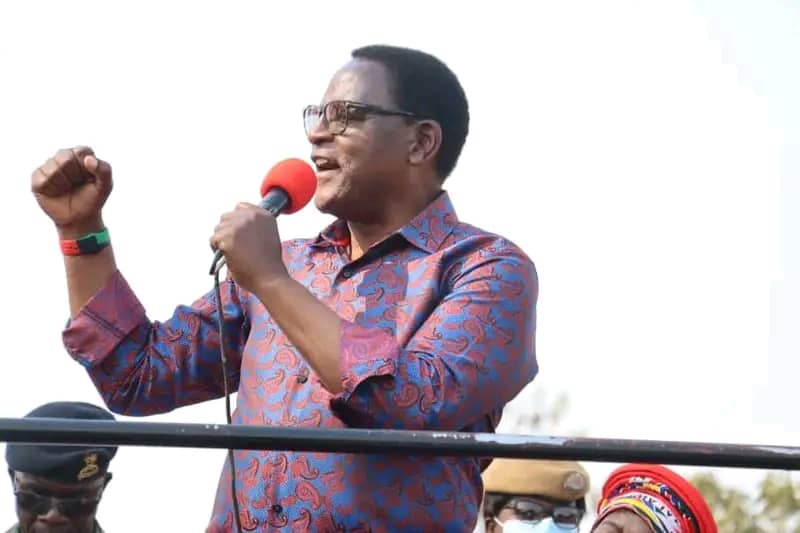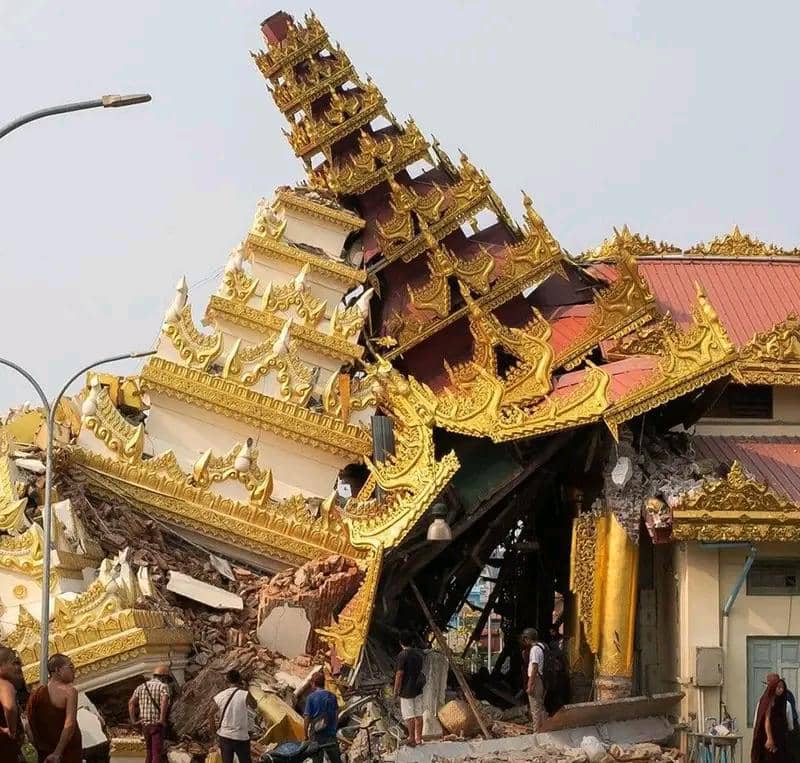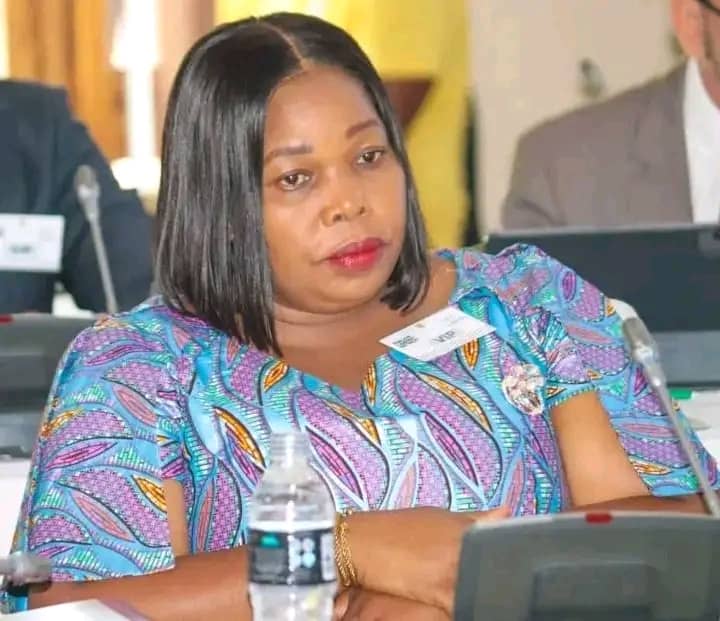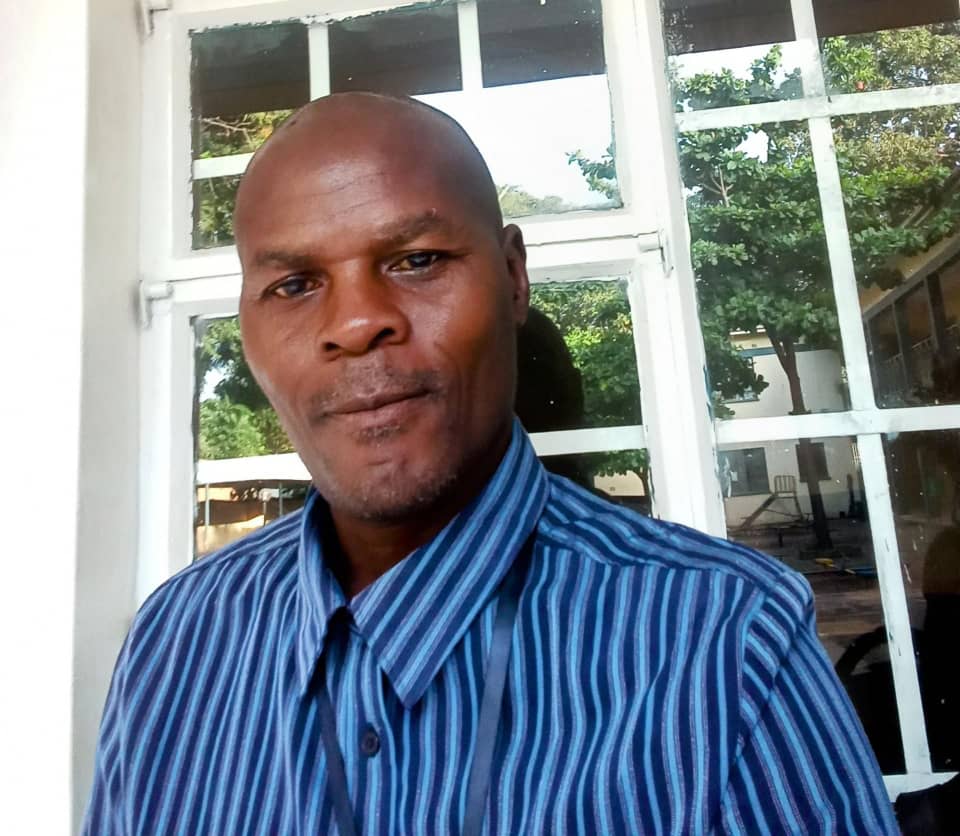By Burnett Munthali
The latest survey results indicating that President Lazarus Chakwera holds only 31 percent support point to a troubling reality for the Malawi Congress Party (MCP) and its leadership.
This figure represents a steep decline from the commanding 58.6 percent he achieved in the 2020 Fresh Presidential Election.
The erosion of support is not just about numbers; it is emblematic of a wider disillusionment among Malawians who once placed immense hope in his administration.
Chakwera came into power with the Tonse Alliance, a coalition that successfully unseated the Democratic Progressive Party (DPP) and former president Peter Mutharika.
That victory was historic, not only because it marked the first annulled election in Malawi’s democratic history but also because it carried the weight of national expectations for transformative change.
At that time, Malawians believed that Chakwera represented a fresh start, one that would usher in jobs, economic growth, and improved governance.
However, four years later, the sentiment on the ground suggests that the promises made in 2020 have largely failed to materialize.
Rising costs of living, stubborn unemployment, and continued perceptions of corruption have chipped away at the optimism that once surrounded his presidency.
The 31 percent support level is, therefore, more than a political statistic—it is a reflection of public judgment on his leadership.
In Malawi’s democratic history, leaders who failed to meet public expectations have consistently faced political repercussions.
Bakili Muluzi, the country’s first democratic president, enjoyed widespread popularity in 1994 when Malawians voted overwhelmingly to end one-party rule.

Yet by the end of his second term in 2004, allegations of corruption, economic decline, and unmet promises left his United Democratic Front (UDF) struggling to maintain relevance.
Similarly, Bingu wa Mutharika began his presidency in 2004 with strong momentum, particularly after breaking away from UDF to form the DPP.
His early years were marked by impressive economic growth and food security, earning him widespread approval both locally and internationally.
But toward the end of his tenure, his administration was plagued by accusations of authoritarianism and economic mismanagement, leading to mounting protests.
Joyce Banda, who succeeded him in 2012, initially enjoyed overwhelming goodwill after pledging reforms and democratic openness.
However, the infamous “Cashgate” scandal of 2013 destroyed her credibility, setting the stage for her loss to Peter Mutharika in 2014.
Peter Mutharika himself began with support from Malawians tired of scandals and yearning for stability.
But rising discontent over corruption, nepotism, and economic mismanagement led to the annulment of the 2019 elections and paved the way for Chakwera’s rise.
This historical trend underscores a recurring lesson in Malawi’s politics: electoral victories cannot be sustained without consistent delivery on promises.
Chakwera’s current decline in support reflects this same cyclical dynamic of initial enthusiasm giving way to disillusionment.
The president’s Tonse Alliance made ambitious pledges in 2020, including one million jobs, universal fertilizer subsidies, and affordable housing.
To many Malawians, these promises spoke directly to their daily struggles and aspirations for a better life.
But today, the realities of economic hardship, skyrocketing prices, and continued corruption scandals overshadow those promises.
The government has argued that global economic shocks, including the COVID-19 pandemic and rising fuel prices, have limited its ability to deliver.
While such arguments carry some truth, Malawians appear less willing to accept them as explanations.
The public’s frustration stems from a feeling that leadership should anticipate challenges and demonstrate resilience, not merely offer excuses.
This frustration has translated into declining approval ratings, with the 31 percent figure serving as a concrete expression of waning trust.
As Malawi approaches the 2025 elections, the political landscape is once again shifting in ways that could redefine the nation’s trajectory.
The opposition, particularly the Democratic Progressive Party under Peter Mutharika’s renewed leadership, has seized upon Chakwera’s declining popularity.
Mutharika and his allies have positioned themselves as an alternative, highlighting the government’s failures while promising to restore stability.
Meanwhile, smaller parties such as the United Democratic Front and the Alliance for Democracy are attempting to carve out relevance amid growing voter discontent.
The key question is whether these opposition forces can effectively mobilize the frustration of Malawians into electoral gains.
For Chakwera and the MCP, the challenge lies in convincing voters that they still represent the best path forward.
This will require more than rhetoric—it will demand tangible action that addresses core concerns such as food insecurity, unemployment, and corruption.
Chakwera’s leadership style, often described as deliberate and slow, has not always resonated with a populace eager for quick solutions.
Critics argue that he has been too cautious in confronting corruption, too dependent on foreign aid, and too indecisive in critical policy areas.
Supporters, on the other hand, insist that he is laying the groundwork for long-term reforms, even if they are not immediately visible.
Yet politics is rarely about patience—citizens demand results, and elections serve as the ultimate measure of performance.
The risk for Chakwera is that he may run out of time before voters see the benefits of his governance strategy.
If the past is any guide, Malawians have demonstrated little tolerance for leaders who fail to meet their expectations.
The experiences of Muluzi, Bingu, Joyce Banda, and Peter Mutharika each illustrate that popularity can be fleeting when promises remain unfulfilled.
Chakwera’s 31 percent support is a warning sign that he is at risk of joining this list of leaders who squandered initial goodwill.
Conclusion
The decline in Chakwera’s support underscores a larger truth about Malawian democracy: trust is fragile and must be continuously earned.
His administration faces a decisive moment, where the gap between promises and delivery has become the central political issue.
To recover lost ground, Chakwera must move beyond rhetoric and demonstrate visible, credible action in addressing economic and governance challenges.
Failure to do so risks opening the door for the opposition to capitalize on public frustration and reclaim power.
The 31 percent figure is therefore not just an opinion poll—it is a barometer of national sentiment and a forecast of electoral vulnerability.
As the 2025 elections approach, Malawians will judge not by speeches but by the lived realities of their daily lives.
If Chakwera does not rise to this challenge, his presidency may be remembered not for the promise of change in 2020, but for the disappointment that followed.



